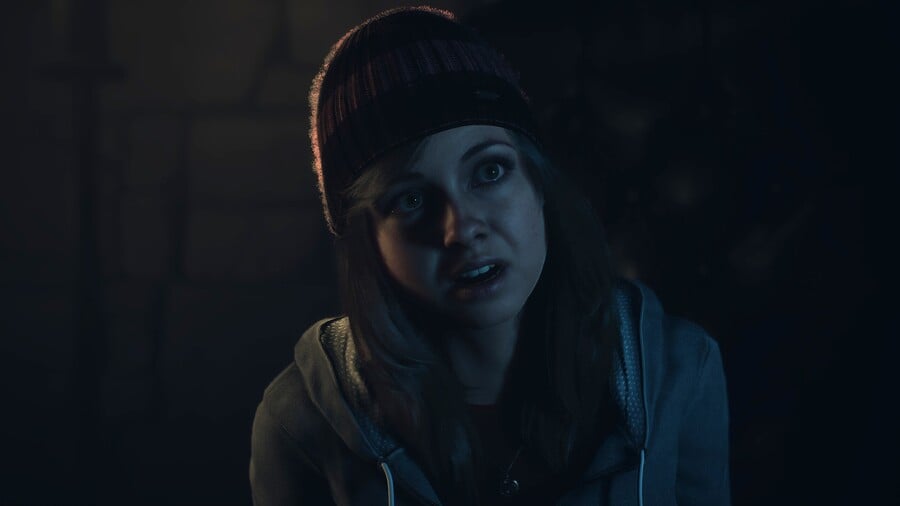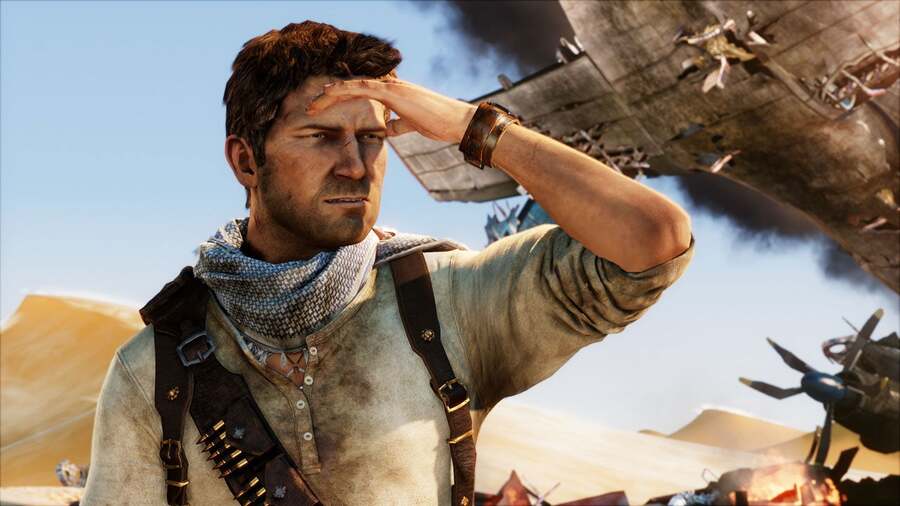Social media hasn’t been kind to PlayStation lately: the company has been criticized for forcing enthusiasts to pay for its admittedly optional $700 PS5 Pro — with many feeling it doesn’t have the software to justify its pricey recent hardware. You could argue that unnecessary remasters like Horizon Zero Dawn don’t aid the perception that Sony has nothing recent to offer — even if it did release the lauded Astro Bot less than two weeks ago.
It should be noted that Sony isn’t the only manufacturer to have adopted a remastering strategy. Nintendo infamously remade much of the Wii U library for the Switch, and still has more ports on the way; Donkey Kong Country is backRetro Studios’ 2010 platformer is gaining second the basic version will be re-released next year (the game has already been ported to 3DS once).
Those defending House of Mario could argue that there’s no backward compatibility on Switch, so the circumstances are different, but the philosophy of reselling ancient software at a significant markup is clearly not recent. So why does it keep happening, and why is the Japanese giant “wasting” resources on remasters that fans didn’t ask for?
Well, it’s essential to note that while you might want a Bloodborne or Dark Cloud remake, it’s not necessarily the team behind the Horizon Zero Dawn remaster that’s going to take care of it. Resources are finite, yes, but they can’t be applied without limits to just any project; Bloodborne , for example, will likely require the involvement of developer FromSoftware, who, in case you haven’t noticed, has been pretty busy lately.

Naughty Dog saw that when it was producing The Last of Us: Part 1, it was a great opportunity for it to showcase recent talent and feel comfortable with the development of the PS5. At the time, another large project was planned, so a vast group of employees had to be hired. The alternative would have been to lay off artists and programmers who were not involved in the pre-production phase of the next project, but none of us want that. These remasters can be good learning exercises and bridge long development cycles.
In the case of some projects, like Until Dawn, they may also offer an updated product for release on PC. Granted, Sony could have simply ported the original PS4 version to Steam, but given the work it’s putting into updating the core code, it might as well modernize the entire experience while it has the chance.
Then there’s the diminutive matter of many of these products having non-gaming projects in the works. A film adaptation of Until Dawn recently began filming, while Netflix was planning a Horizon TV series — until the allegations against showrunner Steve Blackman derailed the whole thing. HBO’s version of The Last of Us had a profound effect on gaming sales, and having a modernized version of the original game on store shelves helped that along.

Perhaps the biggest disappointment for many online gaming enthusiasts is that they can’t understand why Sony is putting effort into renewing franchises like Horizon or The Last of Us when Resistance and Killzone remain dormant; the harsh truth is that PlayStation sees no growth potential in these franchises – they are effectively dead, and it’s better to invest in franchises that are dynamic than those that have fallen behind.
Of course, all of this leads to a perception problem that is not helped by Sony’s general silence. We know that first-party companies like Sucker Punch, Naughty Dog, and Santa Monica Studio are working on it recent games, but we don’t know what they are. There’s a real sense that because these titles are in the making for a long time, All PS5 now has remasters and live service releases to offer. That’s not entirely fair, but the bad smell will linger until PlayStation washes it away.
Ultimately, even without seeing the game in motion, we’re not the least bit excited about the Horizon Zero Dawn remaster – but Down understand Why exists. But that context will mean little in an industry always looking for the hottest angles. If all State of Play has to offer next week is a couple of remasters and a Fairgame$ update, then we wish Sony all the best in the world. The public perception of PlayStation isn’t right — but ultimately, it’s the format’s owner who makes it easier.
Are you frustrated by the number of PS5 remasters being announced? Do you understand why these games are being made, or do you care little about the context? Let us know in the comments section below.

